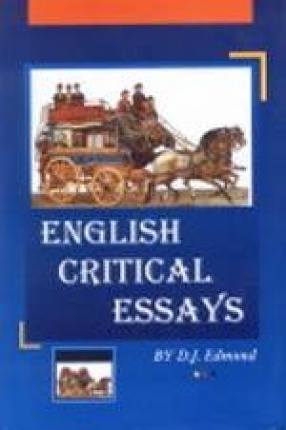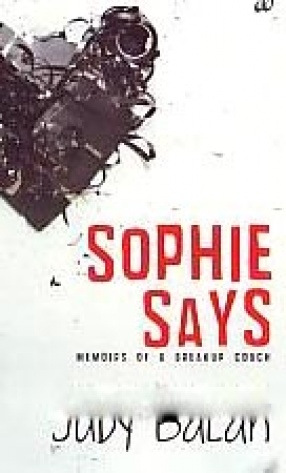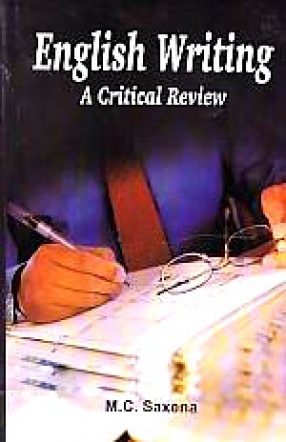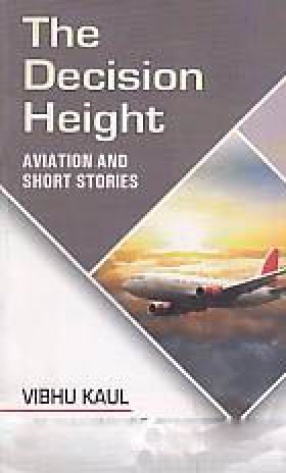Vol. I. 1. William Wordsworth, 1770-1850 (Poetry and poetic diction (1800)). 2. Samuel Taylor Coleridge, 1772-1834 (Wordsworth’s theory of diction (1817)) Metrical composition (1817)). 3. William Blake, 1757-1827 (The Canterbury Pilgrims (1809)). 4. Charles Lamb, 1775-1834 (On the tragedies of Shakespeare, considered with reference to their fitness for stage representation (1811)). 5. Percy Bysshe Shelley, 1792-1822 (A defence of poetry (1821)). 6. William Hazlitt, 1778-1830 (My first acquaintance with poets (1823)). 7. John Keble, 1792-1866 (Sacred poetry (1825)). 8.John Henry Newman, 1801-1890 (Poetry with reference to Aristotle’s poetics (1829)). 9. Thomas Carlyle, 1795-1881 (The Hero as poet.Dante; Shakespeare (1840)). Vol. II. 1. James Henry Leigh Hunt, 1784-1859 (An Answer to the question : What is poetry? (1844)). 2. Matthew Arnold, 1822-1888 (The choice of subjects in poetry 1853)). 3. John Ruskin, 1819-1900 (Of the Pathetic Fallacy (1856)). 4. John Stuart Mill, 1806-1873 (Thoughts on poetry and its varieties (1833, revised 1859)). 5. Walter Bagehot, 1826-1877 (Wordsworth, Tennyson, and Browning; or pure, ornate and Grotesque art in English poetry (1864)). 6. Walter Horatio Pater, 1839-1894 (Colcridge’s Writings (1866)). 7. Ralph Waldo Emerson, 1803-1882 (Shakespeare; or, the poet (1850)). 8. James Russell Lowell, 1819-1891 (Wordsworth (1875)).
English Critical Essays: A Hand Book (In 2 Volumes)
In stock
Free & Quick Delivery Worldwide
reviews
Bibliographic information
Title
English Critical Essays: A Hand Book (In 2 Volumes)
Author
Edition
1st ed.
Publisher
Paradise Publishers, 2007
ISBN
8190462808
Length
464p.
Subjects





There are no reviews yet.